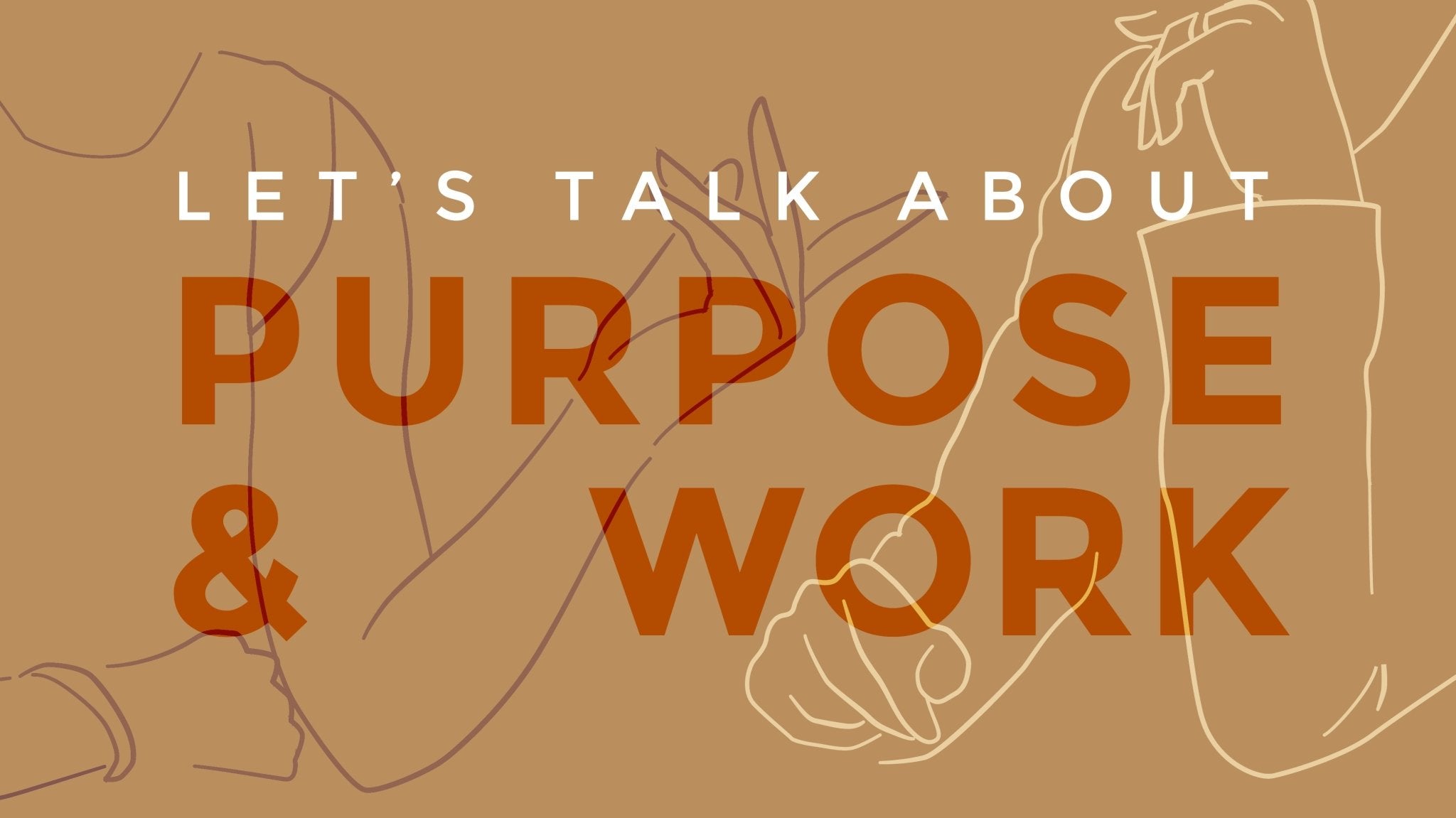Today, we find ourselves in situations where a lot of what we know and had taken for granted in our life is falling apart in some kind of shape or form. The current global pandemic leads many people to reflect upon aspects of their past realities that provided personal stimulation, satisfaction and meaning. Most importantly, these challenging times push people to face some anxieties and depressions of contemporary life. These reflections might shed light on great dissatisfaction and emphasize a certain lack of purpose.
The greatness of modern life

Psychologist Mihaly Csikszentmihalyi supports that a large amount of modern-day society feels as though they’re unhappy, unfulfilled or unsatisfied and that something major is lacking in their lives that, if obtained, would complete them. Individuals miss motivation and tend to engage in activities out of necessity.
It is innate for human beings to desire to hold a sense of purpose. There is absolute importance in engaging in something stimulating and personally significant. According to psychologist Wendy Ulrich, individuals find the most meaning in moments where they see a clear connection between what they highly value and what they spend time doing.
And what do we spend most of our time doing? Working.
Common reality

Now take a moment to consider the following fact: A study conducted by Gallup in 2019 found that 65% of workers in the United States, all fields included, felt disengaged towards their work and workplace. This signifies that only a third of all working individuals are highly involved and joyful regarding their work. Quite interestingly, this means that over a hundred million Americans wake up every morning not knowing how they are contributing to making a difference in this world. Moreover, the majority of people spend most of their day doing something they do not care about.
In our modern times, the concept of purpose is tightly tangled with identity and how individuals define themselves within society. Naturally, purpose can be nourished in areas completely independent of work. For instance, parenthood or a passion for music could provide an extremely satisfying amount of purpose in one’s life. Nonetheless, most people dedicate so much of their contemporary life to work. It shapes their conception of time, of their self-esteem and overall validation. Individuals love to consider their lives as perfectly categorized: “Work is not my life. I have a life outside of work”. But realistically, not many are those who succeed at truly keeping up with this pattern. In our modern world, careers and jobs are so intimately connected to one’s self-concept that we cannot really afford to perceive it as a dull activity that we do out of necessity. In psychology, a self-concept refers to an individual’s perception of one’s behavior, abilities and unique characteristics. Instinctively, all psychology aside, it is obvious that a well-developed and engaged self-concept maximizes the chances of good mental health in all areas of life.
Perspectivism is hot

The current pandemic highlighted and recognized the importance of a large variety of jobs. We are now divided into essential workers and non-essential workers. Some people whose job is not part of the currently essential group might doubt their contribution to society. It is important to realize that there is no hierarchy of importance among careers, activities and hobbies that carry purpose for an individual. People find meaning at any kind of job. It would be naïve to assume that people embracing socially valuable jobs (lawyers, doctors) have an easier access to their sense of purpose. Like everything, the sense of purpose exists on a continuum that fluctuates through time with ups and downs. While some people still fight to get a taste of it, others live fulfilled on most days, driven by their intrinsic motivation.
So what now?
Lisa Earle McLeod, a sales leadership consultant for companies like Apple and Pfizer, mentions there is no need to quit your job and go work for a non-profit organization to find purpose in your work. Instead, in this job that you have right now, whatever you may do, there is a sense of meaning and purpose available to you. As the world that we knew is shifting and some workforce realities are shaken, a cost-benefit ratio to find meaning will not suffice. The general rule is that we would not work if we were not paid, but most people like to think that we do not work only for the money. If you want to find that connection and meaning to your work, you need to ask yourself the following 3 questions.
- How do you make a difference? In the lives of your customers, constituents, colleagues?
- How is your approach different?
- On your best day, what do you love about your job?
The truth of the matter is that you are going to have days when work is going to seem way too challenging and intolerable. In those extremely demanding moments, no monetary compensation or promotion will seem like enough for you to keep pushing. Instead, in these moments you need to remember that you make a difference, that your work matters and that it has meaning.
Make it flow

Previously mentioned psychologist Mihaly Csikszentmihalyi spent 50 years studying and researching what he termed “flow.” Flow refers to a state of optimal experience when time seems to disappear and concentration is so intense that nothing else matters except the task at hand. You are so immersed doing something that your brain cannot focus on other things. Although he initially started with Olympic athletes and chess masters, he observed this flow state in workplaces. In fact, most people hold the false belief that leisure activities such as binge-watching series provide more happiness than working. Mihaly Csikszentmihalyi demonstrated that there is a paradox of work and leisure, which is that people experience greater flow at work.
The experience is an art that people can learn to master and maximize in their life. Throughout his research, Mihaly Csikszentmihalyi establishes that everything relies upon balancing challenge and skill when engaging in an activity. The key is to keep challenging yourself and getting better to move away from boredom and reach that intense ecstasy.
Thoughts about work

To conclude, it is important to remember that working with purpose does not depend on the social value or recognition of the job you have. Most importantly, a lack of sense of purpose should not be disregarded nor dismissed. Most of us currently have the time to question certain perceptions and acknowledge some repressed thoughts about our work. These reflections should be analyzed to help yourself find the right angle and grasp your sense of purpose within society.
References
Csikszentmihalyi, M. (1996). Creativity : flow and the psychology of discovery and invention (1st ed.). HarperCollinsPublishers.
Hattie, J. (2014). Self-concept. Psychology Press.
Jim Harter (2020). 4 Factors Driving Record-High Employee Engagement in U.S. Gallup
McLeod, L. E. (2012). Selling with noble purpose: How to drive revenue and do work that makes you proud. John Wiley & Sons.
Ulrich, D., & Ulrich, W. (2010). The why of work. Tata McGraw-Hill Education.
https://www.gallup.com/workplace/284180/factors-driving-record-high-employee-engagement.aspx







Leave a comment